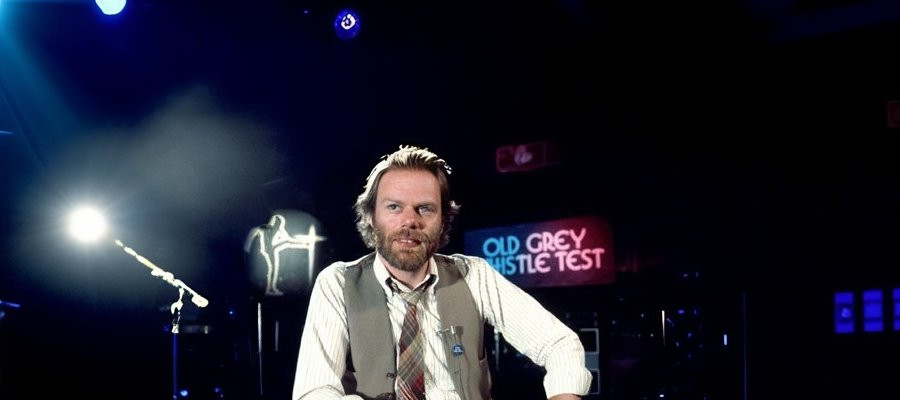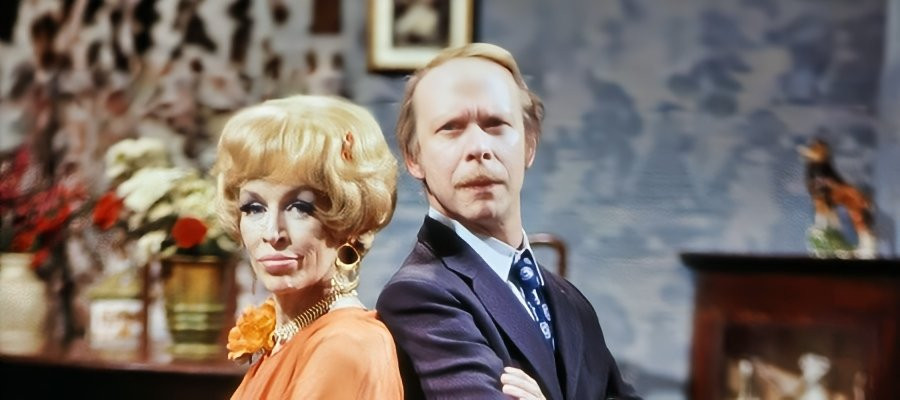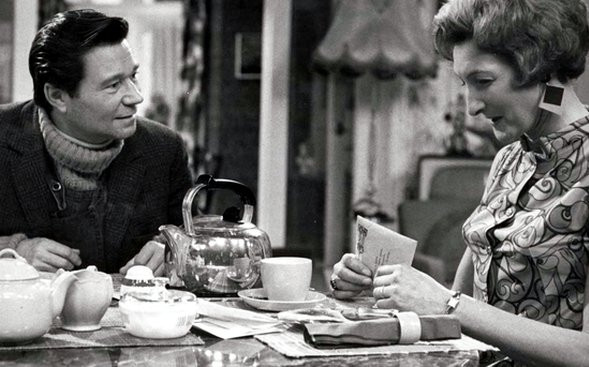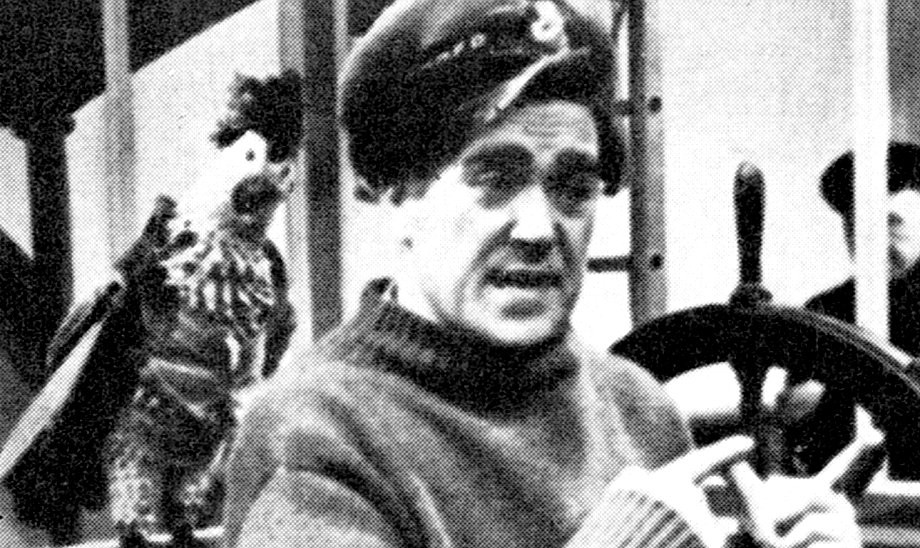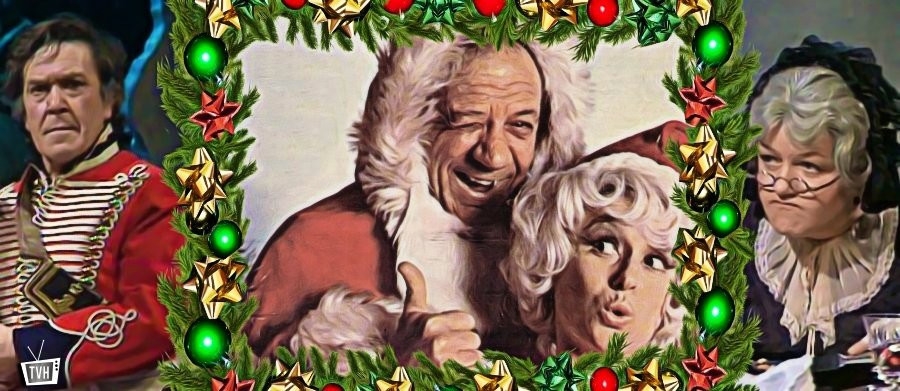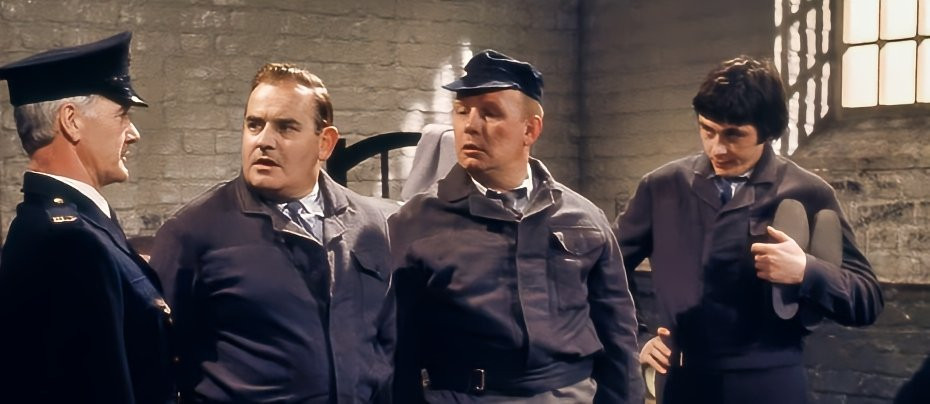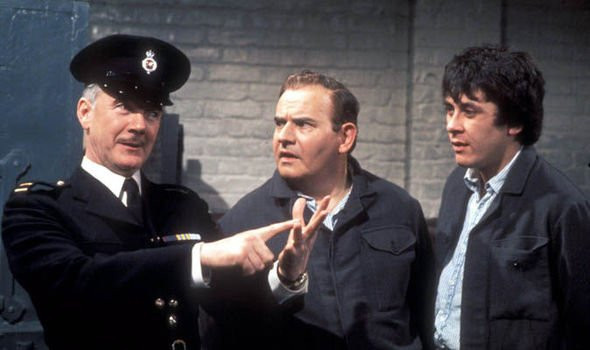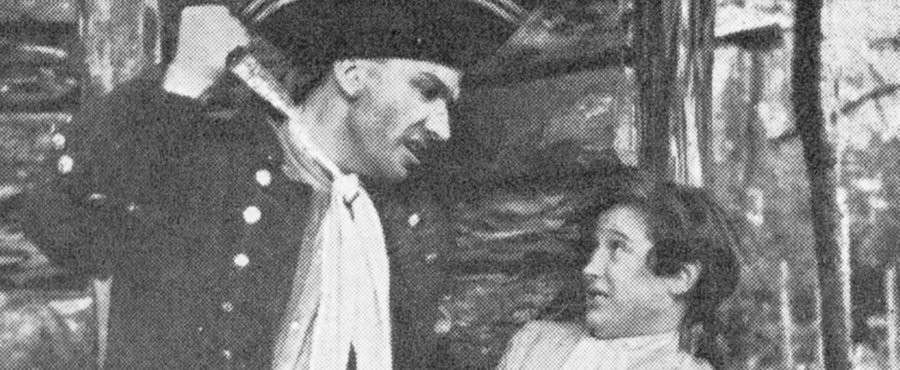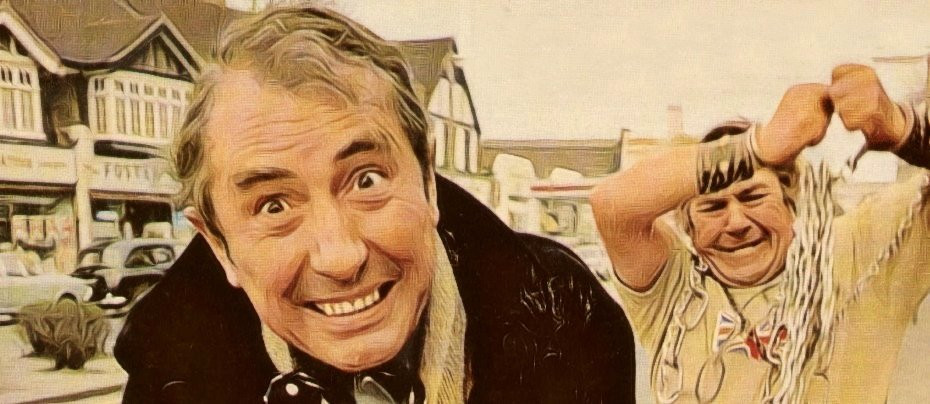
Kindly Leave the Kerb
1971 - United KingdomThe idea may have been of use as a one-off, but it was a very thin premise to base an entire series around
Kindly Leave the Kerb review by Brian Slade
Ronnie Barker had very few misfires in his career, and so it seems logical that someone would feel an episode of The Ronnie Barker Playhouse in 1968 would be a safe bet to take to a series of its own. Alas, for writers Johnnie Mortimer and Brian Cooke, they were wrong – twice! Kindly Leave the Kerb had all the right ingredients and yet somehow flopped to last only one series, as did a reboot ten years later.
In 1971, Ronnie Barker was finding success with his diminutive other Ron, the pint-sized golfer Mr Corbett. Perhaps it was this that led writers Mortimer and Cooke to look back at what Ronnie B had appeared in during his six-episode collection of potential sitcom pilots contained within The Ronnie Barker Playhouse.
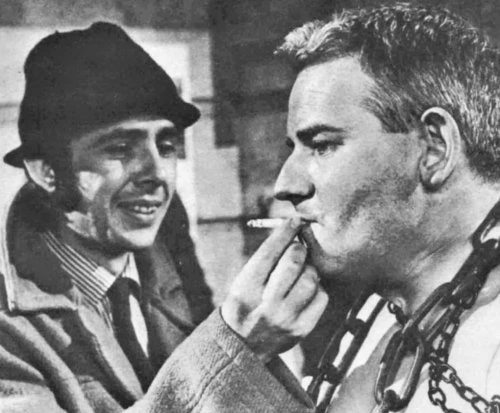
Among the six was an episode called The Incredible Mr Tanner in which Barker played Cyril Tanner, an escapologist with one fundamental flaw – he couldn’t escape. Doris Hare and Richard O’Sullivan were among Barker’s co-stars for the episode. While nothing remains of that half an hour, Mortimer and Cooke clearly believed that there was more to be explored.
In 1971, the fledgling writing team got their way and set about writing a full series based on the misadventures of Tanner and his pal Sidney Rochester. The pair are down on their luck. Since neither has found financial success in the world, they now share a hovel of a basement. Their only source of income comes in the form of street performances. Here, Tanner (now named Ernest) would attempt a miraculous escape while Sidney would spin a yarn to the watching crowds, encouraging them to donate their hard-earned cash into his straw hat.
The idea may have been of use as a one-off, but it was a very thin premise to base an entire series around and given the comparative inexperience of Mortimer and Cooke the likelihood of the writing saving it from disappointment was limited.

The leading roles went to two of the most beloved of British comedy performers. The casting of Tanner himself seemed perfect. The underappreciated Carry On… stalwart Peter Butterworth was renowned for his physical performances as bumbling and clumsy characters and so a flapping escapologist floundering at his attempt to escape from a chained up straight jacket should have been perfect.
For the verbal comedy, the immaculate Peter Jones was employed as Sidney. Jones seemed a banker for success, having become well recognised for his role in The Rag Trade and more recently starring in Mr Digby Darling opposite Sheila Hancock.
In the opening episode, the tone is set as the pair embark on a money-making con to raise more cash in an episode more reminiscent of Steptoe and Son, as they attempt to make a collection to ease the financial burden of the one left behind after an apparent death. Subsequent episodes include the two down and outs competing outside a Leicester Square theatre for the attentions of Inga, a young lady they compete over.

Meredith Edwards plays Archie throughout the series, the owner of the local greasy spoon café, and the supporting cast for other episodes include Arthur Brough, rarely seen outside of Grace Brothers where he served as Mr Grainger in Are You Being Served?
Despite the acting talent on offer, Kindly Leave the Kerb was a disaster. Audiences ignored it, critics hated it. The Stage review simply said that it had come from a Ronnie Barker show, but that’s where the similarities ended. Despite a Friday and Saturday evening primetime slot, it was game over almost before it had started.
Once they found their feet, Mortimer and Cooke would of course have huge success with such shows as Man About the House, George and Mildred and Robin’s Nest, along with their extensive run with Never the Twain. Perhaps then it was understandable that they would have one last try at succeeding with Tanner and his pal. Calling on their reliable pal Brian Murphy and the presence of Roy Kinnear, they resurrected the act in The Incredible Mr Tanner, reverting to the original title for another try in 1981. Perhaps it was doomed to failure, with Murphy finding himself filming on the same stage as he would have been filming George and Mildred at that time had Yootha Joyce not passed away so suddenly.

Like its predecessor, the great comedy talents now occupying the roles of Tanner and Sidney were unable to breathe life into the exhausted idea. Eventually, one has to concede defeat.
There is an old saying that you can’t make a silk purse out of a sow’s ear. Kindly Leave the Kerb and its equally unsuccessful follow up had the luxury of perfect casting in Butterworth, Jones, Murphy and Kinnear, and when added to the original talents of Barker and O’Sullivan one can only assume that the source material that stood behind the failed talents of Mr Tanner and his pal was just too weak. There seems to be no trace of any of the three incarnations of the show, and while the loss of anything with Butterworth and Jones is sad, perhaps for those concerned with Kindly Leave the Kerb, that loss is the greatest escape act of them all.
Seen this show? How do you rate it?
Seen this show? How do you rate it?
Published on June 14th, 2023. Written by Brian Slade for Television Heaven.


